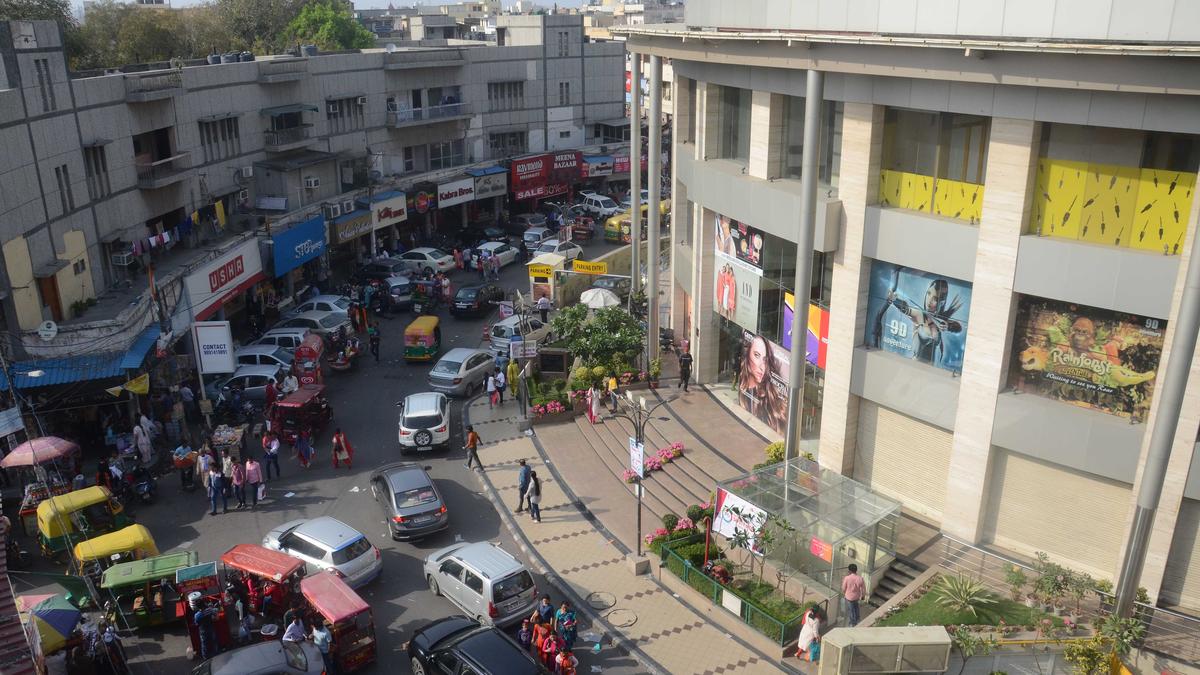 |
|
The Bharatiya Nyaya Sanhita, 2023, a new penal code replacing the Indian Penal Code (IPC), has come into effect in India. This significant legal reform aims to modernize and strengthen the criminal justice system. The first case registered under this new code has been filed in Delhi against a street vendor for obstruction under a foot over bridge of the New Delhi Railway Station.
The accused, identified as Pankaj Kumar, a resident of Barh, Bihar, was allegedly selling tobacco and water on a cart near the main road, causing inconvenience to commuters. When the police asked him to remove his cart, he reportedly refused, leading to the registration of the FIR under Section 285 of the Bharatiya Nyaya Sanhita. This section pertains to public nuisance and obstruction.
The Bharatiya Nyaya Sanhita introduces several changes compared to the IPC. It includes 358 sections, significantly fewer than the 511 sections of the IPC. The new code also adds 20 new crimes and increases the imprisonment sentence for 33 offenses. Furthermore, the fine amount has been raised in 83 crimes, and a mandatory minimum punishment has been introduced for 23 crimes.
The introduction of community service as a penalty for six offenses is another notable change. The act also repeals or removes 19 sections from the IPC. These modifications aim to address modern-day challenges and ensure a more effective criminal justice system.
The Bharatiya Nyaya Sanhita is not the only legal reform enacted recently. The Code of Criminal Procedure (CrPC) has been replaced with the Nagarik Suraksha Sanhita, and the Indian Evidence Act has been replaced with the Bharatiya Sakshya Adhiniyam. These comprehensive changes represent a significant step towards a reformed legal system in India.
The Nagarik Suraksha Sanhita contains 531 sections, replacing the 484 sections of the CrPC. It includes 177 changed provisions, nine new sections, 39 new sub-sections, and 44 new provisions and clarifications. Timelines have been added to 35 sections, and audio-video provisions have been incorporated at 35 places. Additionally, 14 sections have been repealed from the CrPC.
The Bharatiya Sakshya Adhiniyam comprises 170 provisions, compared to the original 167 provisions of the Indian Evidence Act. This new act includes two new provisions, six sub-provisions, and 24 changed provisions. Six provisions have also been repealed or deleted. The aim of this legislation is to modernize evidence law and ensure a more efficient and reliable legal system.
The first case registered under the Bharatiya Nyaya Sanhita demonstrates the implementation of this new legal framework. It signifies a shift towards a more modern and effective criminal justice system in India. The changes introduced through this new code are expected to have a significant impact on the legal landscape and the administration of justice in the country.
